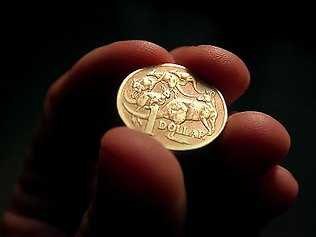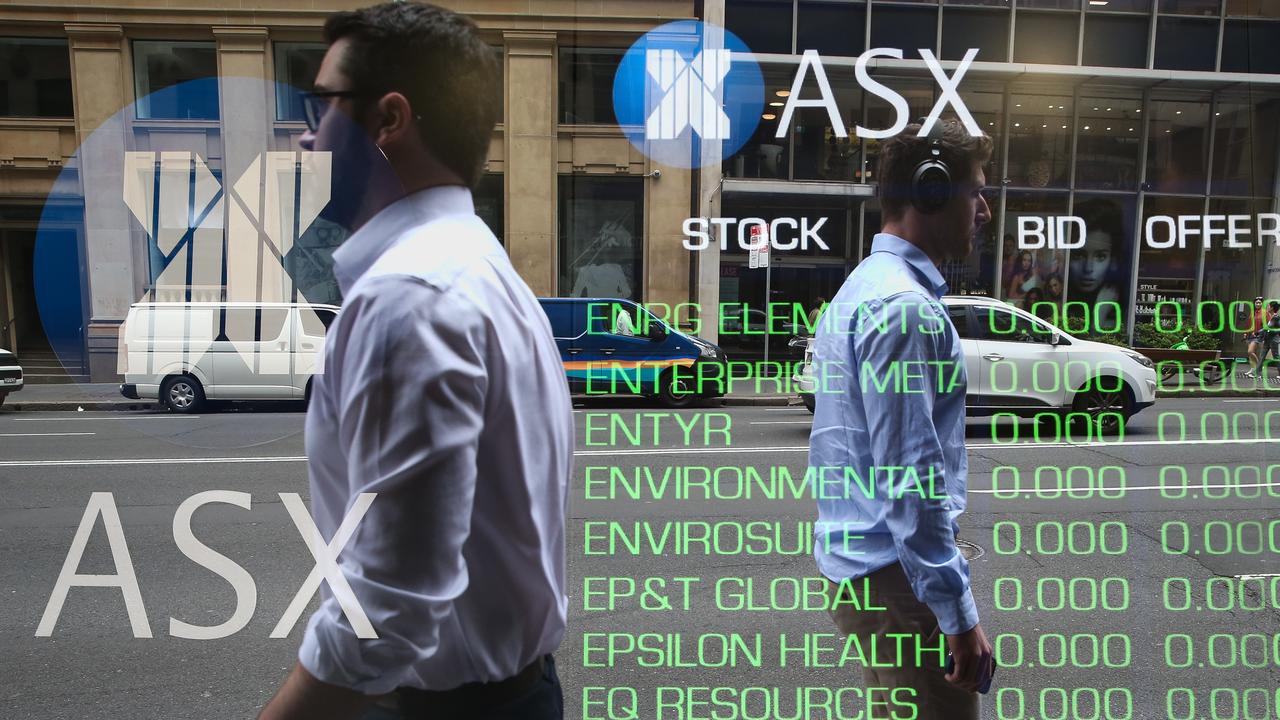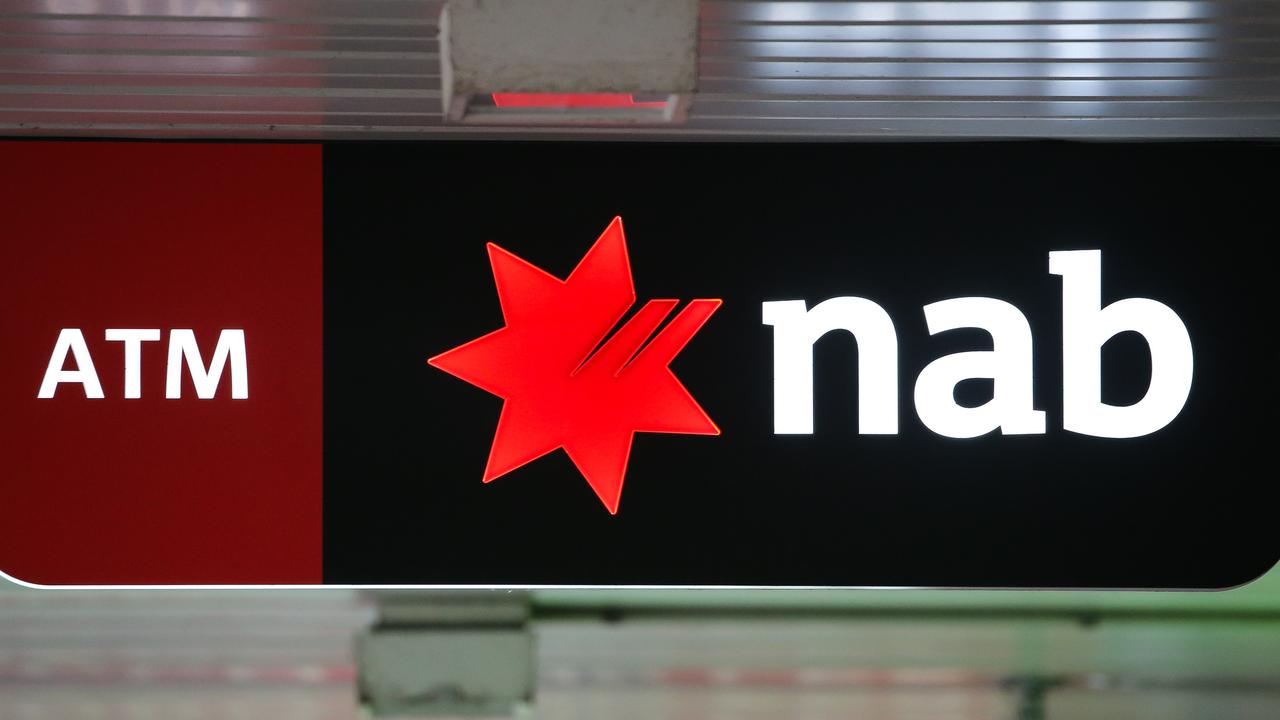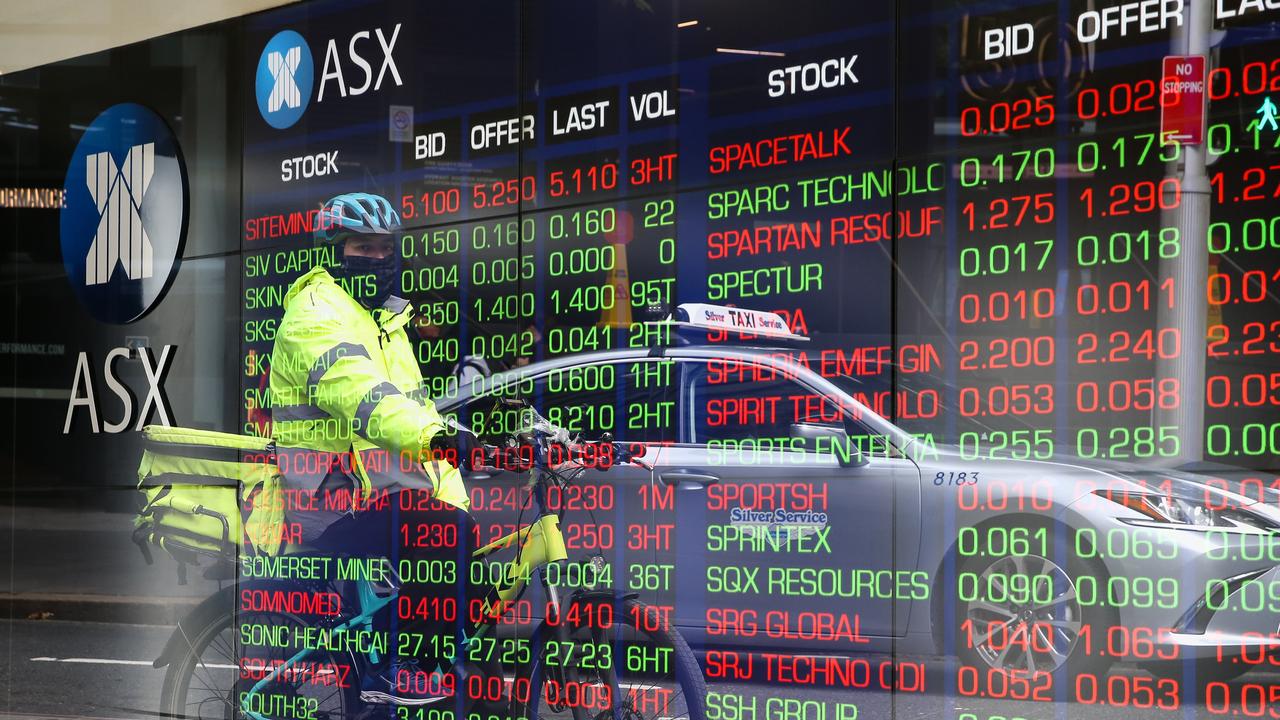Aussie dollar drops more than one US cent on EU fears
THE Australian dollar fell more than one US cent as traders continued to shun risky investments due to concerns about Europe.

THE Australian dollar fell more than one US cent as traders continued to shun risky investments due to concerns about Europe.
At 5.00pm the local currency was trading at 98.78 US cents, down from 100.16 yesterday.
Since 7.00am AEST the Australian dollar has traded as low as 98.62 cents - the currency's lowest level since November 28.
"We've been seeing risk aversion prevalent through the Asian equity markets and that continues to weigh on sentiment," said Deutsche Bank foreign exchange strategist John Horner.
European leaders last week agreed to a plan to tighten fiscal rules for the region's economies, although they failed to reach a consensus on a treaty to consolidate the agreement.
Mr Horner said traders were disappointed that Eurozone leaders didn't agree to more aggressive sovereign debt purchases by the European Central Bank.
HSBC said its preliminary purchasing managers index (PMI) reached 49 in December, slightly better than the 47.7 in November, as consumers from New York to Paris cut back on holiday spending due to the dire outlook.
A reading above 50 indicates the sector is expanding while a reading below 50 suggests a contraction. The final figure will be released on December 30.
Mr Horner said the data provided some support for the Australian dollar.
He said traders were now awaiting European Flash PMI data and a number of US regional manufacturing data due overnight.
"I very much think that it's going to be the European developments that remain the focus."
The Reserve Bank of Australia's trade weighted index was at 74.3 today, down from 75.0 yesterday.
At 5.00pm AEST, the Australian dollar was at 77.13 Japanese yen, down from yesterday'sclose of 78.10 yen, and at 76.06 euro cents, down from 76.87 euro cents.
Meanwhile, Australian bond prices rose to a record high as investors continued to flock to safe-haven assets amid renewed concerns about the European debt crisis.
CMC Markets chief marketing strategist Michael McCarthy said bond prices continued to rise as traders looked for safe investments amid fears the European government debt crisis would spark a global downturn.
"It reflects that safe-haven status that Australian bonds seem to have picked up recently," he said.
Mr McCarthy said Australia's relatively low government debt and proximity to high-growth Asia economies made it an attractive investment in the current economic climate.
"There seems to be fewer concerns about the potential for a disruption to the Australian bond market," he said.
"As a result, everyone seems to love Australian bonds at the moment."
At 4.30pm AEST the March 10-year bond futures contract was trading at 96.230 (implying a yield of 3.770 per cent), up from 96.105 (3.895 per cent) yesterday.
During intraday trading the contract reached 96.245, a record high for Australian 10-year bond futures.
The March 2012 three-year bond futures contract was at 97.045 (implying a yield of 2.955 per cent), also a record high, up from 96.945 (3.155 per cent) previously.



